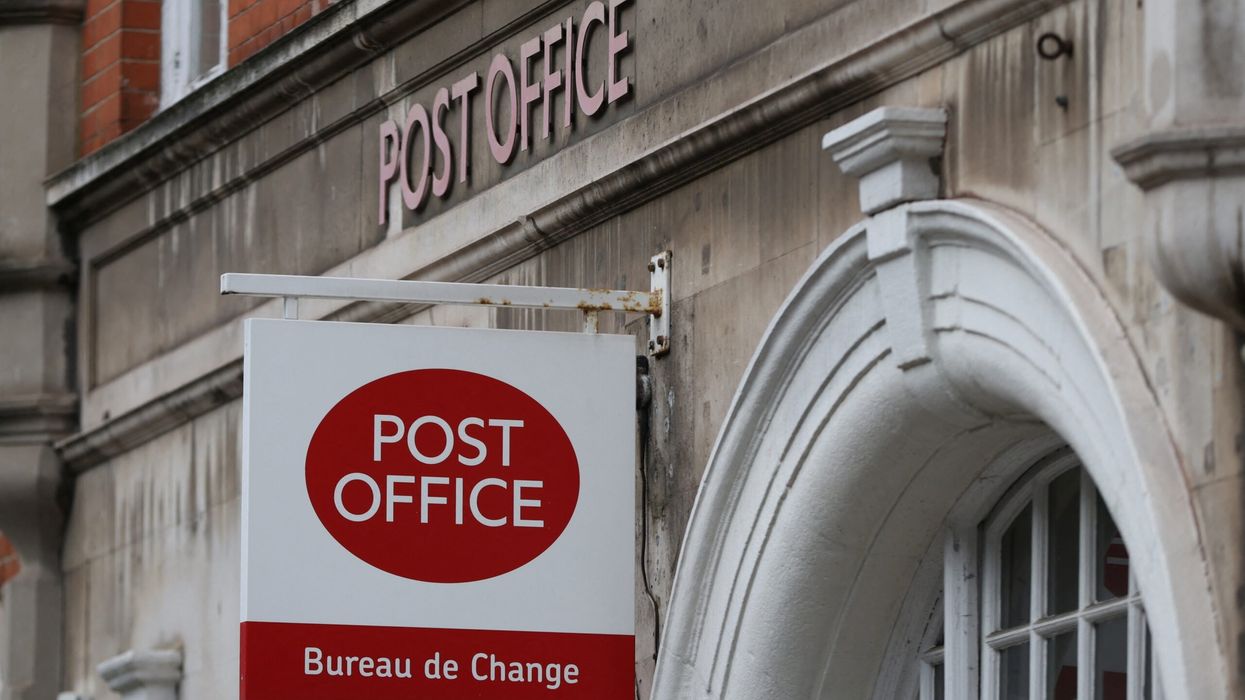BRITAIN will seek to use new legislation to overturn the wrongful convictions of hundreds of Post Office managers, prime minister Rishi Sunak said on Wednesday (10) in the wake of renewed national outrage over the scandal.
Between 1999 and 2015, hundreds of self-employed sub-postmasters at branches of the state-owned Post Office were convicted of theft, fraud and false accounting because faulty software wrongly showed thousands of pounds missing from branch accounts.
A TV dramatisation of the scandal, one of the biggest miscarriages of British justice, has heaped pressure on the government to act more swiftly to deliver justice, after some sub-postmasters were jailed and hundreds of others saw their livelihoods destroyed.
While 93 convictions have been overturned, hundreds of others are yet to be quashed.
"We will introduce new primary legislation to make sure that those convicted as a result of the Horizon scandal are swiftly exonerated and compensated," Sunak told parliament.
"This is one of the greatest miscarriages of justice in our nation's history. People who worked hard to serve their communities had their lives and their reputations destroyed through absolutely no fault of their own."
An ongoing public inquiry is expected to conclude later this year, while London's Metropolitan Police is conducting a separate investigation.
The government is taking a significant step in legal terms by helping get the convictions quashed, as it means parliament directly interfering with the judicial process.
The normal process for anyone to have their conviction overturned in Britain is for the convicted party to lodge an appeal, usually with the help of lawyers.
Public anger over the scandal has re-erupted since ITV's "Mr Bates vs The Post Office" was broadcast earlier this month. It is the most watched programme on any channel so far this year, with 9.2 million viewers tuning in, the broadcaster said.
While questions have been raised about the role of Japan's Fujitsu, the maker of the defective Horizon software, politicians and former Post Office executives are also facing scrutiny.
On Tuesday (9) former Post Office boss Paula Vennells, who oversaw many of the prosecutions of sub-postmasters, handed back a national honour after more than one million people signed a petition demanding she be stripped of it.
(Reuters)





